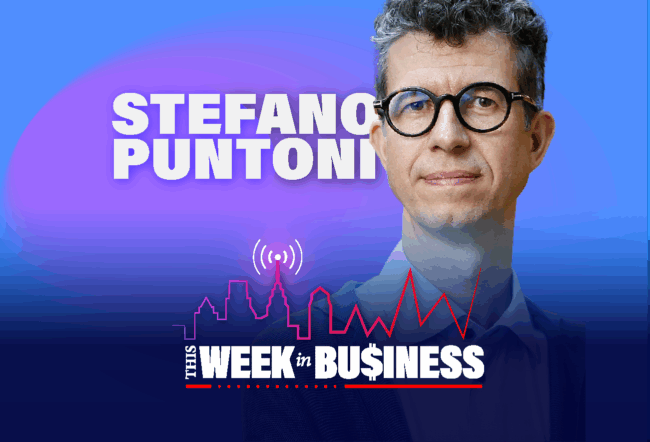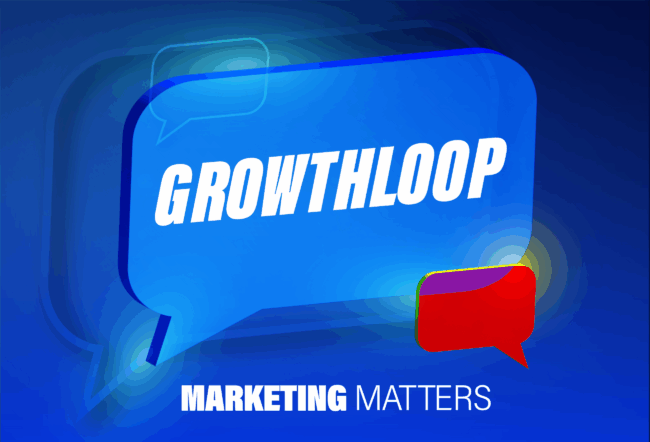In 2008, when Salman Khan launched his nonprofit tutoring platform Khan Academy, which now has 170 million users across the globe, generative AI was still in its early stages. It wasn’t clear how the emerging technology could help teachers and students.
The public release of ChatGPT in 2022 brought more questions than clarity. What about false information? What about cheating? What about the personalized learning that’s core to the academy’s mission?
Fast-forward to today, and the picture is no longer hazy. Khan Academy is fully committed to the AI revolution, having developed its own AI-powered teaching assistant called Khanmigo. The LLM (large language model) guides students through Socratic-style conversation that encourages them to think and explore. It also helps teachers make quick work of feedback and lesson planning.
In his book Brave New Words: How AI Will Revolutionize Education (and Why That’s a Good Thing), Khan contends that the technology actually discourages cheating because the processes can be tracked and reviewed. More importantly, it lets both students and teachers shift their focus to more beneficial tasks.
“I would argue not only does it undermine any form of cheating, it can give the teacher insights that they might not have been able to have when they’re grading 100 papers over a weekend,” he said.
Khan spoke during the debut episode of Creative Intelligence, a podcast series hosted by Wharton marketing professor Kartik Hosanagar, who is also co-director of Wharton Human-AI Research. (Listen to the episode here.) The podcast covers the future of human creativity, the impact of AI on work, and maximizing human potential in the age of AI. Each episode features industry insights and commentary grounded in Hosanagar’s expertise as a researcher and educator.
Hosanagar can relate to Khan’s struggle with becoming an early adopter. In 2017, when the professor was writing his book A Human’s Guide to Machine Intelligence, he wanted to include a chapter created entirely by AI that would be disclosed to readers at the end. But the available tools were too primitive.
“We couldn’t do it. We could barely get two, three paragraphs, and even those were not truly coherent. To get a full chapter [was] impossible, so I gave up on that,” he said.
But like Khan, Hosanagar now uses AI regularly in his work as a professor and entrepreneur.
The Darker Side of AI
Despite their mutual embrace of AI, Hosanagar pushed Khan on some of the common issues with the technology, including whether AI becomes a crutch for students. He noted a recent study by Wharton professor Hamsa Bastani that found AI improves academic performance while making it harder for students to learn and acquire skills.
“You’re painting a very nice, positive, rosy picture of what can happen. But people have many concerns with AI use in education,” he said. “Let’s talk about those concerns, because I don’t want people to feel like we swept those under the rug.”
“[AI] can give the teacher insights that they might not have been able to have when they’re grading 100 papers over a weekend.”— Salman Khan
Khan countered that overreliance on technology is no different than overreliance on a person — like letting someone else spoon-feed information or do the heavy lifting of any chore. AI must be deployed as a tool, and the methodology matters.
“All technology can amplify intent,” he said. “It could be positive intent, or it could be lazy intent. And students sometimes have lazy intent. When you’re trying to develop your skills, that lazy intent can undermine you. We just have to make sure there’s proper oversight and proper AI tools and ways of working in the classroom where there’s guardrails.”
Khan emphasized that while AI isn’t a “silver bullet,” its best use in education is the personalization of lesson plans, which is the main focus of his academy.
“Alexander the Great’s teacher was Aristotle, and I’m sure he would personalize for the future emperor. Our true north has always been, could we leverage technology to approximate elements of what Alexander the Great had with Aristotle?” he said. “We’ve done it with videos, we’ve done it with software, and we’ve also done it with tools for teachers.”
AI and Job Displacement
Hosanagar shifted the conversation to ask about reskilling, which will become necessary as AI replaces certain functions or jobs. Studies by Wharton’s Stefano Puntoni and others indicate that such change will also come at a psychological cost as displaced employees lose their sense of identity or purpose.
Khan said AI can help people with reassessment and reskilling as labor demands change. He also believes fundamental skills — reading, writing, math — will still matter. And jobs that can only be performed by humans, such as caregiving and hospitality, will become more important. But he said building a sense of community and belonging has been a challenge for quite some time.
“We live in a society that has a loneliness epidemic. If you [ask] even highly educated people, highly compensated people with fancy titles about their meaning and purpose, they would probably tell you that they don’t feel a lot of it,” he said. “I think some of it is to try to rebuild some of the sense of community and balance in people’s lives. But if you don’t have a job and if you can’t put food on the table, it’s going to be hard to feel also needed and have purpose. So, there’s going to be dislocation.”
Hosanagar emphasized the need to build new systems that not only help humanity thrive with AI but also equip us to tackle its challenges. Future episodes of Creative Intelligence will explore how we can go about doing that.



